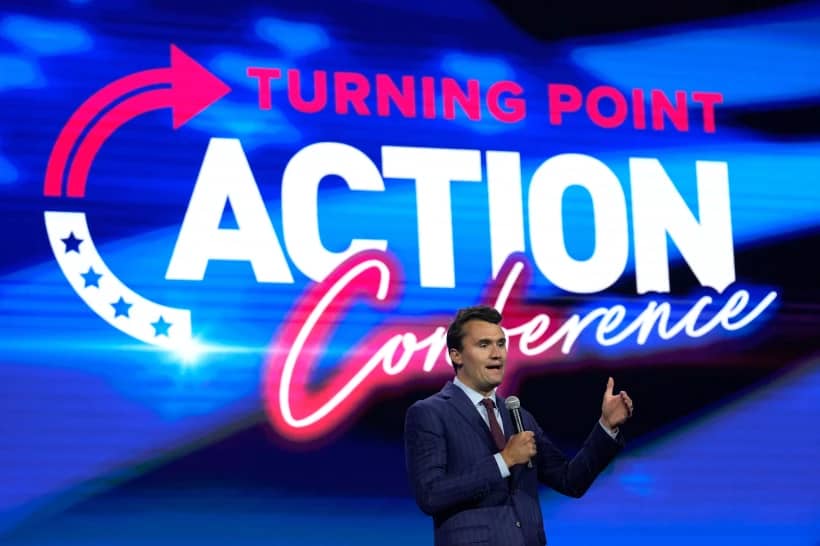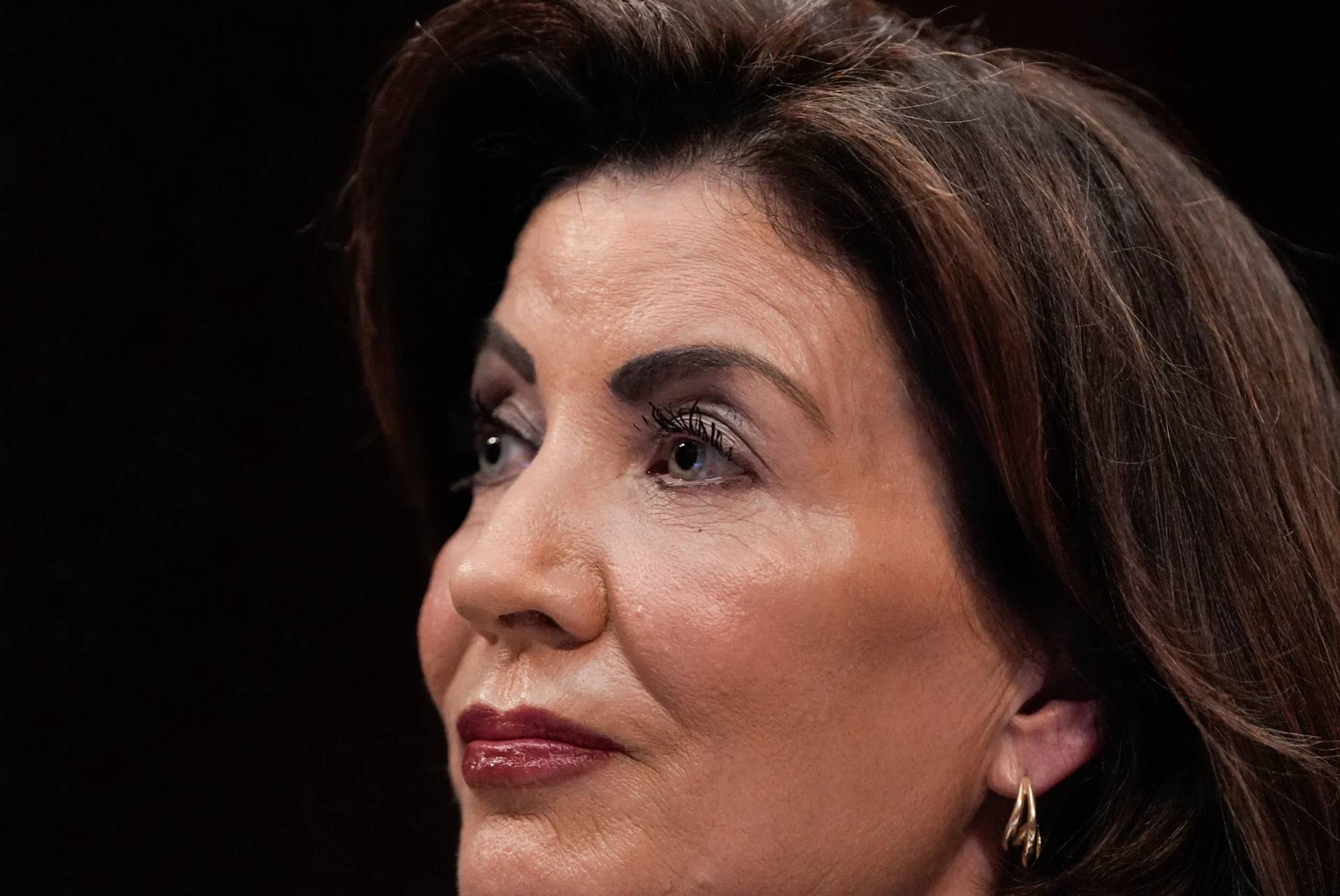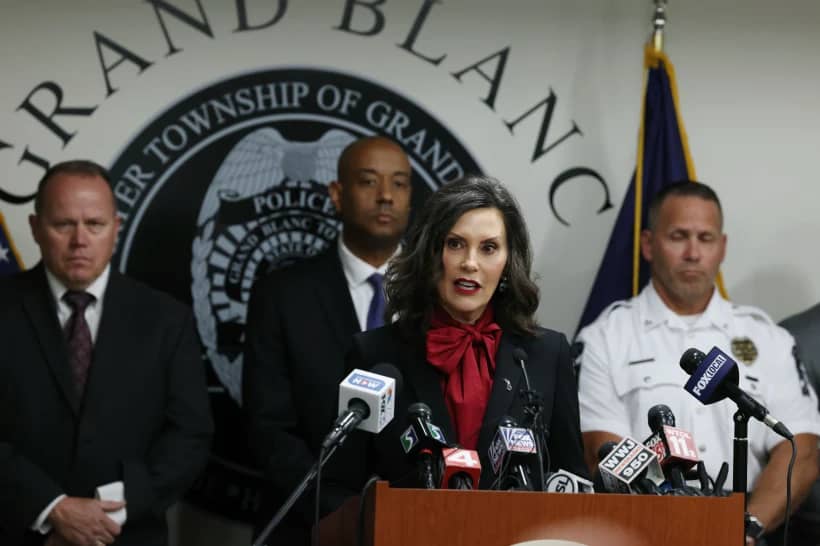ROME — The Vatican is hosting a conference next week aimed at trying to head off a threatened nuclear confrontation between the U.S. and North Korea, bringing together 11 Nobel peace laureates and top U.N. and NATO officials as well as ambassadors from key countries.
Vatican spokesman Greg Burke said Monday that the Nov. 10-11 conference was part of the Vatican’s long-standing effort to promote a nuclear weapons-free world. But he denied that the conference, first reported by the Italian daily La Repubblica newspaper, represented a mediation effort by Pope Francis.
Francis has already urged Washington and Pyongyang to step back from the brink of war as well as mediation efforts by others.
It wasn’t immediately clear if North Korea or China would be represented at the conference: Neither has diplomatic relations with the Holy See.
In his statement, Burke referenced Francis’s March 2017 message to the United Nations Conference to Negotiate a Legally Binding Instrument to Prohibit Nuclear Weapons.
“If we take into consideration the principal threats to peace and security with their many dimensions in this multipolar world of the twenty-first century as, for example, terrorism, asymmetrical conflicts, cybersecurity, environmental problems, poverty, not a few doubts arise regarding the inadequacy of nuclear deterrence as an effective response to such challenges,” Francis wrote the conference.
Francis said international peace and stability cannot be based on a “false sense of security, on the threat of mutual destruction or total annihilation, or on simply maintaining a balance of power.
“Peace must be built on justice, on integral human development, on respect for fundamental human rights, on the protection of creation, on the participation of all in public life, on trust between peoples, on the support of peaceful institutions, on access to education and health, on dialogue and solidarity,” the pontiff continued.
“From this perspective, we need to go beyond nuclear deterrence: the international community is called upon to adopt forward-looking strategies to promote the goal of peace and stability and to avoid short-sighted approaches to the problems surrounding national and international security.”
Crux staff contributed to this report.













